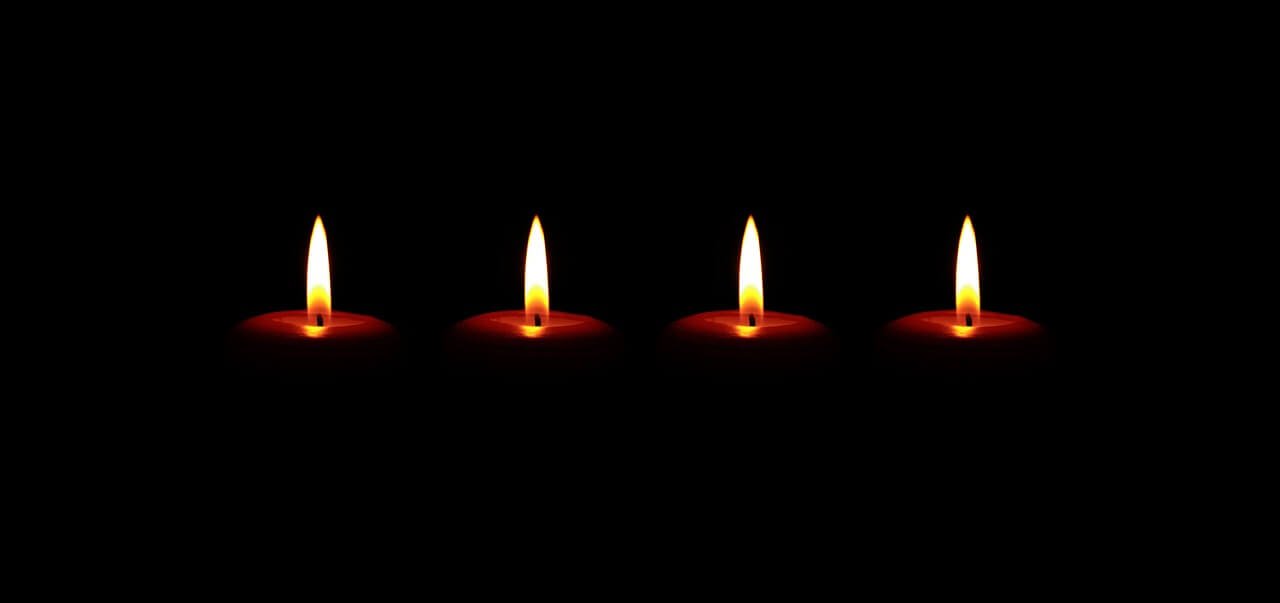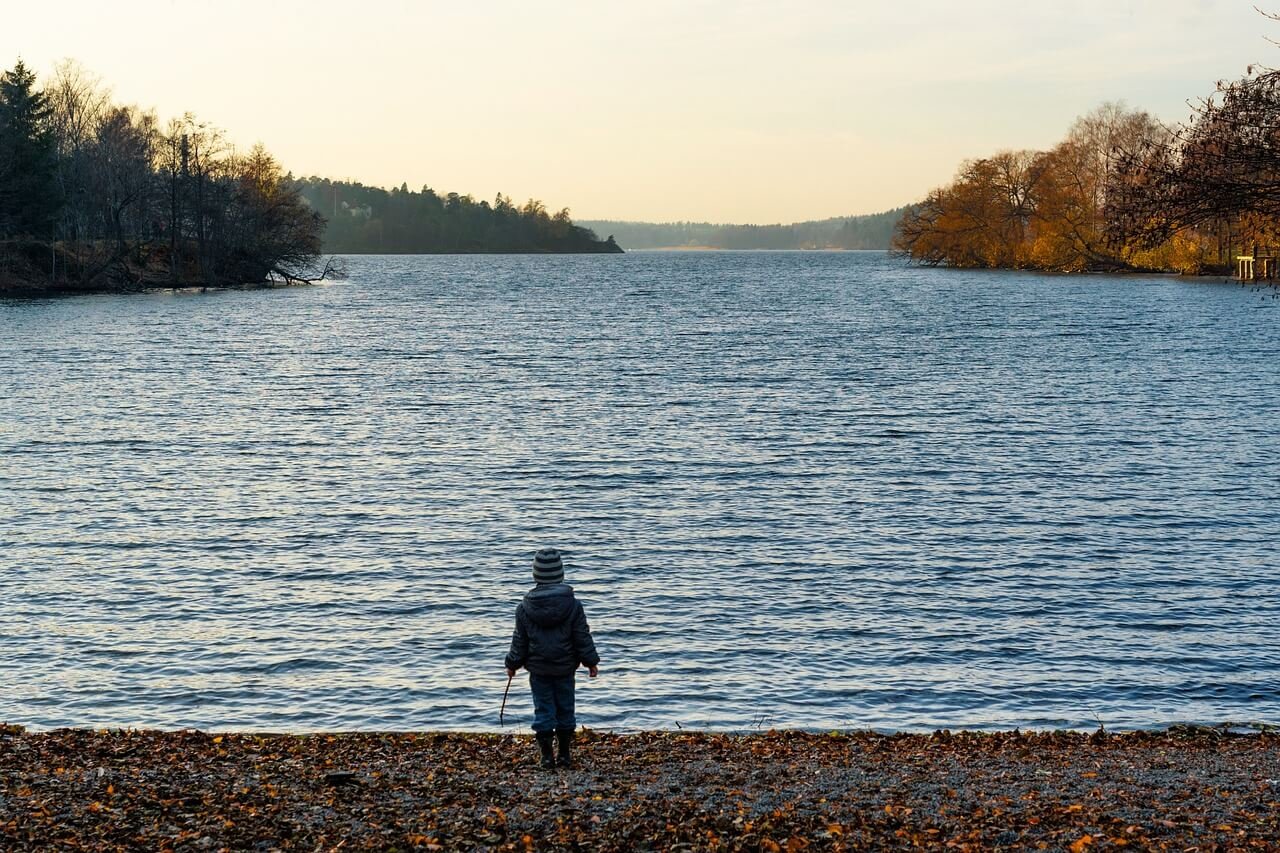Ever heard of the marshmallow test? It’s a test that involves leaving a child alone with one marshmallow and promising them that whenever the adult returned they would get a second marshmallow, but only if the first one was still there. In other words, the kid was left alone in the room to make the decision between one marshmallow now or two marshmallows some time in the future. The marshmallow test has gotten a lot of attention since it was originally conducted in the late 60s and early 70s, primarily because it makes for cute videos and proposed a simple, early explanation for behavior years down the line.
That is, until 2018, when a group of researchers (which included the original researcher) found that the marshmallow test doesn’t have the predictive power that is frequently ascribed to it. Read that article and you’ll eventually come across this explanation for why the marshmallow test doesn’t work: “If you come from a place of shortages and broken promises, eating the treat in front of you now might be the better bet than trusting there will be more later.” In other words, delayed gratification doesn’t mean much in resource-scarce environments where promises might be made that can’t be kept.
As I enter this and every Advent season, it’s sometimes hard not to focus on the craziness around me. Every year, the world seems to go into overdrive with terrible news stories, political upheaval here and abroad, natural disasters, ill tidings from war, brokenness, hurt, famine, and sundry other evils, along with the general stress by the added “holiday” demands to my calendar. The world around me sounds, and frequently feels, like “a place of shortages and broken promises”, a place that would encourage me to eat the metaphorical marshmallow now instead of enjoying two later. Sometimes I’m tempted to declare once and for all that the world is an irredeemable place of shortages and broken promises, that we should burn it all down and try again next year.
And yet…
There is a persistent image of grace this time of year: a swaddled baby in a manger, like someone dropped a marshmallow in the hay. A baby that would live and die, just like every other person, but he would do it in such a way as to be unrepeatable, perfect. Amidst calls and prophecies for political upheaval he established a different, unshakeable kingdom that instead of killing for, people would willingly die for. Where in that kingdom is the shortage? Where are the broken promises?
That baby would grow up to feed thousands from a few loaves, give living water that would never run dry, heal the lame, sick, and blind. He would draw near to the lowly, dine with the excluded, break down walls, and flip a few tables too. Where, friend, is the shortage? Where are the broken promises?
And he would die but that wouldn’t be the end of the kingdom. He rose from the grave and invited his followers and friends to die as he did, temporarily and only in the flesh, so that they could live in the Spirit as he lives in the Spirit. Thus he would redeem nations, building a kingdom of the spirit then, now, and forevermore. And that’s only the first few years of the kingdom. There’s two millennia of stories, many lost to all but those that were there. How many millions have been fed, clothed, healed, blessed because of this little marshmallow showing up 2000 years ago? Where is the shortage? Where are the broken promises? Is there not only abundance? Is there not only fulfillment?
Advent is a time of remembering what once was, what still is, and what will become. It is only because of that kingdom that I can hope (which inevitably means waiting) in something more than what I see in the world. Hope is the only way in which I can make this small corner of the kingdom I occupy more abundant, more fulfilling. So as I hope for promises to be fulfilled, for abundance of abundance, for every knee to bow, every mouth fed, every tear wiped away, every back clothed, I sit and reflect on the promises I can fulfill, the abundance I can provide, the knees I can lead to bow, the mouths I can feed, the tears I can wipe away, and the backs I can clothe. Because there are people I interact with, that I share fences with, that have experienced greater shortages and come from places with greater broken promises than I could ever know. And if I don’t provide a glimmer of that hope, who else will?




Leave a Reply